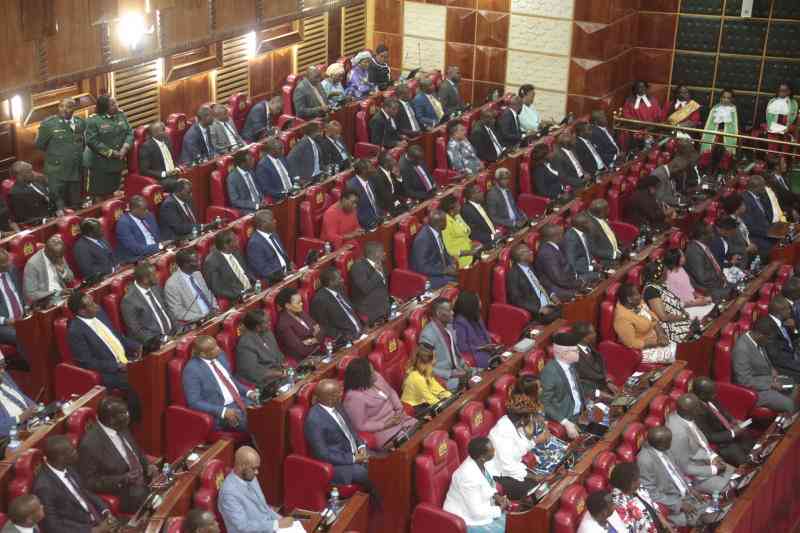×
The Standard e-Paper
Stay Informed, Even Offline

Members of Parliament were Wednesday, April 12 engaged in a heated debate on lowering the cost of electricity in the country.
The motion before Parliament was moved by Laikipia County Woman Representative Jane Kagiri, in which she pointed out that Kenya Power has entered into Power Purchase Agreements (PPAs) with both KenGen and Independent Power Producers (IPPs) which makes it [Kenya Power] procure electricity from them at unregulated rates.